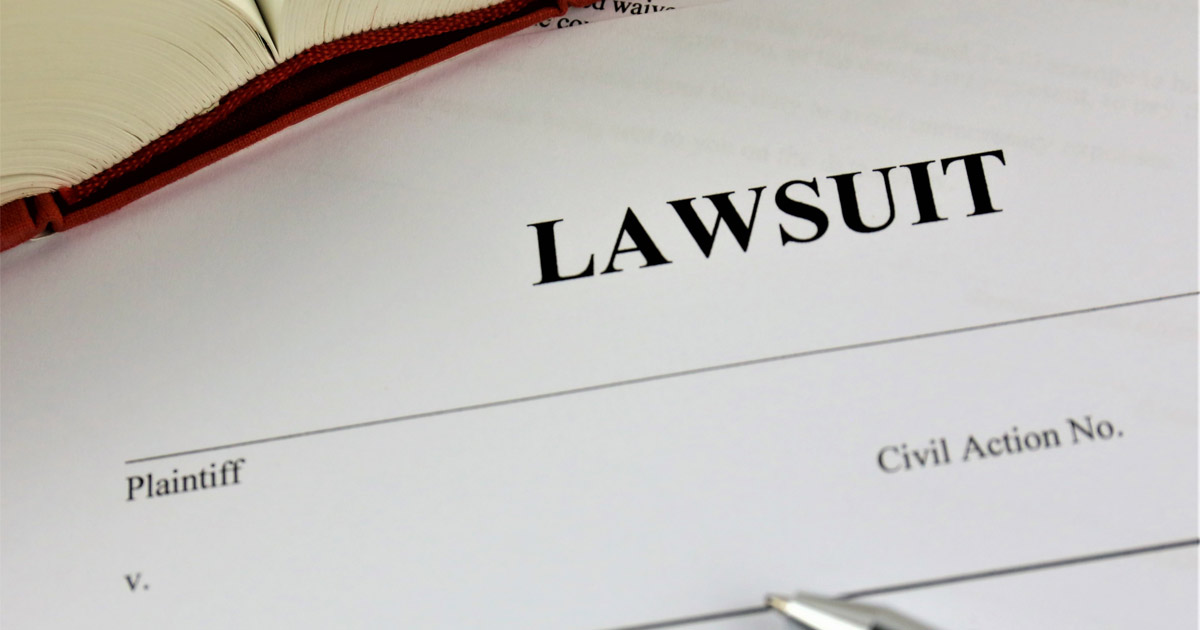In New Jersey, the Department of Child Protection and Permanency (DCPP), formerly known as the Division of Youth and Family Services (DYFS), is a state agency designated with the duty of supporting at-risk children and families. Its staff is commissioned with investigating child abuse and neglect, and recommending actions designed to protect abused children. The agents often remove children they believe are at risk from their homes. Parents who believe that their rights were violated may be able to sue the DCPP.
Is the DCPP Immune from Lawsuits?
Generally, public entities are immune from lawsuits. A public entity is granted civil immunity under the Tort Claims Act; employees of a state agency are afforded qualified immunity. Employees can assert qualified immunity when their conduct is deemed objectively reasonable and performed in good faith in the exercise of those duties.
If the conduct in question is objectively reasonable, civil and qualified immunity will bar a lawsuit against the agency and its employees. Therefore, suing the DCPP or its agents and employees can be very challenging.
For example, parents may not be successful in suing the DCPP for emotional distress when children are taken away from them. However, there may be certain narrow basis for successfully suing the DCPP. Also, there may be no qualifying immunity in an instance where an employee’s conduct falls outside the purview of their official duties.
Are My Civil Rights Protected from the DCPP?
The strongest basis for suing the DCPP can be found when there have been civil rights violations. Under 42 U.S. Code § 1983, every person has a right to be free from violations of their constitutional rights from government agents.
When an agent has a discriminatory purpose based on race, sexual orientation, or religion for recommending the removal of a child, there is a civil rights violation. Other civil rights violations involve the breach of due process of law. When agents remove a child without immediate danger, they are violating the due process rights of the child and the parents.
Additionally, violations can include agents violating the parents’ right to be free from illegal searches and seizures. The DCPP agents cannot require parents to submit to drug testing without proper warrants; doing so is a violation of their right against illegal search and seizure.
Lawsuits claiming violations of civil rights are complicated and involve a nuanced understanding of the law. It is necessary to consult an experienced and knowledgeable attorney to evaluate such claims.
Can I File a Lawsuit that is Based on Negligence?
The most common basis for lawsuits against the DCPP is negligence. A claim based on negligence needs to prove four elements. When suing the DCPP under a negligence claim, a plaintiff needs to prove the following:
- The DCPP owed a duty to them.
- The DCPP breached that duty.
- The breach of that duty caused an injury.
- The plaintiff suffered an injury due to the negligence.
A successful case often presents unequivocal evidence of neglect and abuse of the child and failure of the caseworker to remove the child from such circumstances.
In one instance, the agency was successfully sued when it failed to remove a child from an abusive father, despite repeated calls by the grandmother of the abused, repeated hospitalizations, and recommendations of the removal by medical providers. The child was later abused again, resulting in a third hospitalization that left the child paralyzed, blind, and in need of a feeding tube.
Am I Required to File a Notice to the DCPP?
In order to file a claim against the DCPP, a Notice of Claim must be filed. This Notice of Claim is an official form and is required whenever a state agency is sued. The Notice of Claim must be filed within 90 days of the occurrence of injury and explain the injuries suffered, identify the agencies involved, provide a list of medical providers who are treating the injuries and identify any witnesses.
Failure to file a Notice of Claim within the 90-day window may forever bar the claim against the agency and the employees. Therefore, it is crucial to contact an attorney to immediately evaluate a claim, and file the Notice of Claim to preserve the claim.
How Can I Discredit DCPP Findings and Investigations?
Often, state interference in family life can cause more harm than good. If the caseworker’s investigations and findings are unfounded, one can sue the agency on these faulty findings.
The DCPP is often understaffed and the caseworkers are overburdened, leading to inefficiencies or negligence. Often, the caseworker may not conduct a thorough investigation or perform their duties hastily, leading to poor findings and conclusions about a child’s welfare, which causes the child and the family harm through the interference.
When is it Necessary to Hire a Lawyer?
Cases involving the DCPP require a unique set of skills as these cases are complex, emotionally charged, and bear devastating consequences for those involved. A skilled attorney is rtel:equired to reach successful outcomes. An experienced and skilled attorney can prevent the DCPP from utilizing unsubstantiated evidence and findings.
Cherry Hill DCPP Lawyers at the Law Offices of Theodore J. Baker Protects Families Against the Negligent Actions of the DCPP
If you believe that the DCPP has violated your rights, do not wait to contact one of our Cherry Hill DCPP lawyers at the Law Offices of Theodore J. Baker. We provide compassionate and expert legal advice and representation in these matters. For an initial consultation today, contact us online or call us at 856-795-9400. Located in Cherry Hill, New Jersey, we proudly serve clients throughout South Jersey, including Haddonfield, Marlton, Medford, Moorestown, Mount Laurel, and Voorhees.










